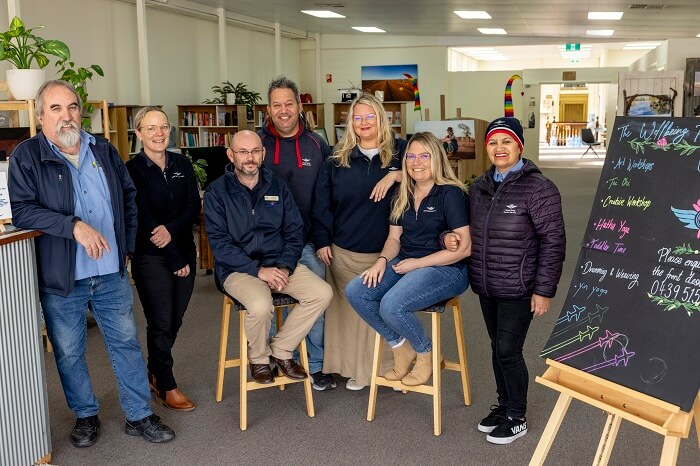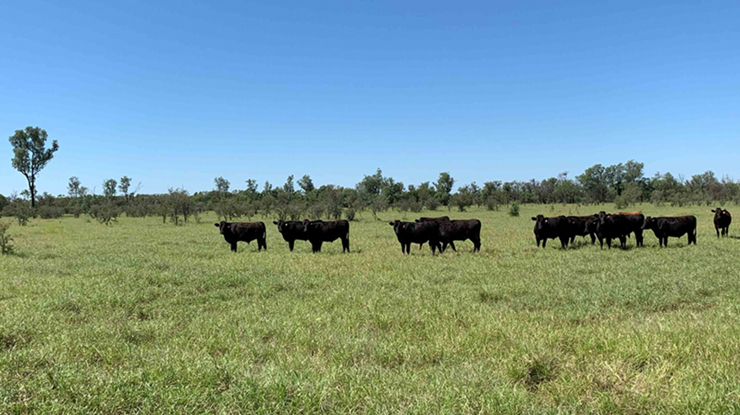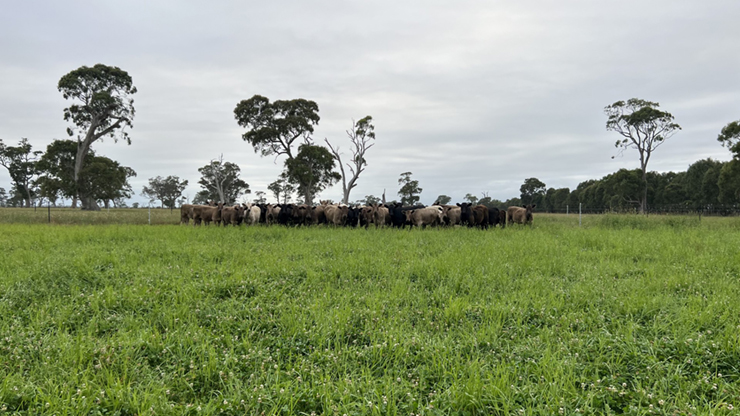
About the Royal Flying Doctor Service (South Eastern Section) and the Wellbeing Place Hubs
The Royal Flying Doctor Service (RFDS) is synonymous with lifesaving aeromedical retrievals and outback medical care across some of Australia’s most rural and remote locations. Across NSW and beyond, the RFDS South Eastern Section (RFDSSE) delivers a range of health clinics and services, respond to medical emergencies and transfer patients with non-life-threatening conditions.
Their Wellbeing Places offers Mental Health & therapeutic services to the hub locations of Broken Hill, Cobar, Dubbo and Lightning Ridge, and surrounding towns.
We have multiple hub locations and within these hubs we service over 30 different remote towns by driving or flying to them.”
– Kayelene Crossing, Acting Operations Manager MHAOD Broken Hill
The hubs provide a safe and welcoming environment for all people to access professional support and engage in activities to enhance or maintain their sense of wellbeing. A Wellbeing Place provides an opportunity to expand the range of services offered by RFDSSE, from clinical treatment to workshops and programs for wellbeing.
Addressing tobacco in the Wellbeing Places
When Kayelene from the RFDSSE contacted Cancer Council NSW she was already familiar with the risks of tobacco use and how much it was affecting her community:
“Tobacco is one of the main drugs of choice we see come through our door. People find it hard to give up, and many aren’t able to find the right support.”
Cancer Council’s Tackling Tobacco program aims to reduce smoking related harm amongst priority populations in NSW that experience high levels of social and economic disadvantage. Through Tackling Tobacco we help organisations address smoking and support people who access their services and their staff to quit.
A partnership between Cancer Council’s Tackling Tobacco program and RFDSSE Wellbeing Places made perfect sense. Throughout the one-year program, the RFDSSE were able to provide training to nearly 100% of the Alcohol & other Drug and Mental Health staff. The training covers everything from how to provide advice around quitting smoking, through to correct use of Nicotine Replacement Therapy (NRT), and other support that is available to help support clients to stay quit.
“The staff really supported the program and have started delivering Tackling Tobacco out in the remote communities.
It is worth doing the training and getting the support from the team. They have been amazing help to put policies in place and supporting us every step of the way,” Kayelene said.
The impact of Tackling Tobacco
Not only were RFDSSE proactive in ensuring all their Wellbeing Place staff were offered training, but throughout Tackling Tobacco, they reviewed their Smoke Free Policy, expanding the scope and including vaping and use of e-cigarettes. They also updated smoke free signage to make it more visible.
Through a grant provided by Cancer Council and by utilising an existing relationship with a local pharmacy in Dubbo, the steering committee were also able to purchase NRT at cost price, and from this were able to make up ‘quit kits’ for over 270 of their clients who were wanting support to quit. These quit kits are being delivered to RFDSSE clients not only in the four hub locations but across the entire RFDSSE footprint, which includes some of the most remote locations in NSW, covering a land mass of approximately 640,000 km².

“Thanks to the grant received by Cancer Council’s Tackling Tobacco team, our clinicians are now able to take NRT with them on our aeromedical outreach clinics including to remote communities such as Wilcannia, White Cliffs and Tibooburra”
And the results speak for themselves!
“One of our AOD clinicians was attending an outreach clinic in Wilcannia when an Aboriginal male self-presented to the Emergency Department complaining of chest pains after having a cigarette. The patient was discharged after extensive tests were completed and referred to RFDS GP for follow up. The AOD Clinician was able to provide brief smoking cessation support which included facilitating access to NRT. The Patient was provided with a pack of inhalers , lozenges and quick mist spray. The patient was very grateful to receive some products to try for free [thanks to the Tackling Tobacco grant].
Kayelene continued “The patient had noticed a decline in his own health and had been told by his GP for a long time that it was related to his smoking and he needed to quit. The patient also said that he was quickly running out of breath and unable to keep up when playing with his four year old daughter. The patient also said ‘I’ve a lot of my mob die from smoking and I want to be around for as long as I can for my family’.
The training and support provided by Cancer Council’s Tackling Tobacco program ensured NRT could be offered to clients for free.
“The clinician told me he feels it’s important for the clients to be able to try products before they buy,” Kayelene concluded.
Through this partnership, RFDSSE were able to build the capacity of their organisation to offer smoking cessation support as part of routine care. Through partnering with RFDSSE, Cancer Council were able to extend the reach of the Tackling Tobacco program to remote communities in most need of smoking cessation support.
To learn more about Cancer Council’s Tackling Tobacco program:








